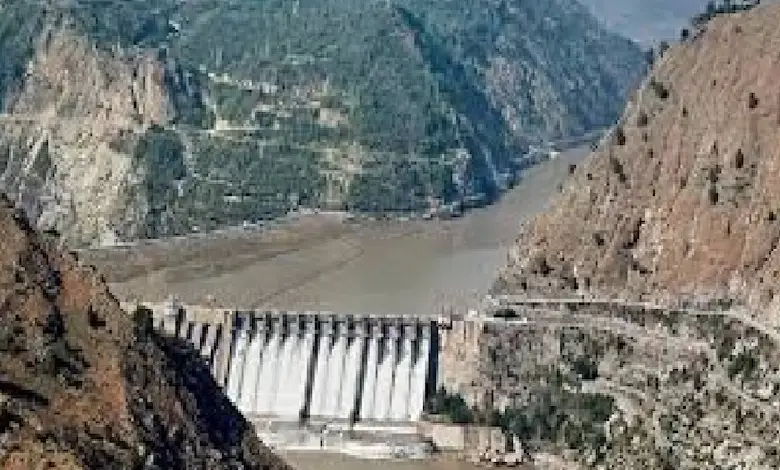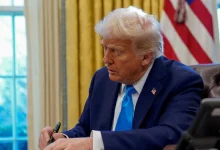
India has dismissed a recent “supplemental award” by a Court of Arbitration regarding its authority over the Kishenganga and Ratle hydroelectric projects in Jammu and Kashmir. The projects, located on the Indus river system, have been points of contention since India suspended its participation in the Indus Waters Treaty after the April terror attack in Pahalgam.
Pakistan first challenged India’s 330 MW Kishenganga project on the Jhelum River in 2006 and later raised concerns about the 850 MW Ratle project on the Chenab River. According to a Ministry of External Affairs (MEA) statement, India does not recognize the Court of Arbitration, describing it as an illegal entity that violates the Indus Waters Treaty, a World Bank-brokered water-sharing agreement between the two nations.
The MEA declared, “This so-called Court of Arbitration, established in clear violation of the Indus Waters Treaty, has issued what it calls a ‘supplemental award’ on its jurisdiction over the Kishenganga and Ratle projects in Jammu and Kashmir. India has consistently rejected the legitimacy of this body, as its very formation breaches the treaty. Any proceedings or decisions by this forum are inherently void.”
India’s decision to pause the Indus Waters Treaty followed the Pahalgam attack, which claimed 26 lives. The MEA emphasized that India, exercising its sovereign rights under international law, has suspended treaty obligations until Pakistan demonstrates a clear commitment to ending cross-border terrorism. “Until the treaty is reinstated, India is not bound by its terms,” the statement noted.
The ministry further criticized the arbitration as a “charade” orchestrated by Pakistan to deflect responsibility for its role in global terrorism. “This move is another attempt by Pakistan to manipulate international forums and avoid accountability for its status as a hub of terrorism,” the MEA stated, firmly rejecting the court’s ruling and all prior decisions by the body.
Pakistan’s objections to the Kishenganga and Ratle projects center on fears that the dams could disrupt water flow to its territory, affecting agriculture dependent on the Jhelum and Chenab rivers. Islamabad argues that the projects violate the Indus Waters Treaty. India, however, maintains that the treaty permits hydroelectric development on these rivers and insists the projects comply with the agreement’s terms. Pakistan has repeatedly sought to halt construction through international arbitration.




